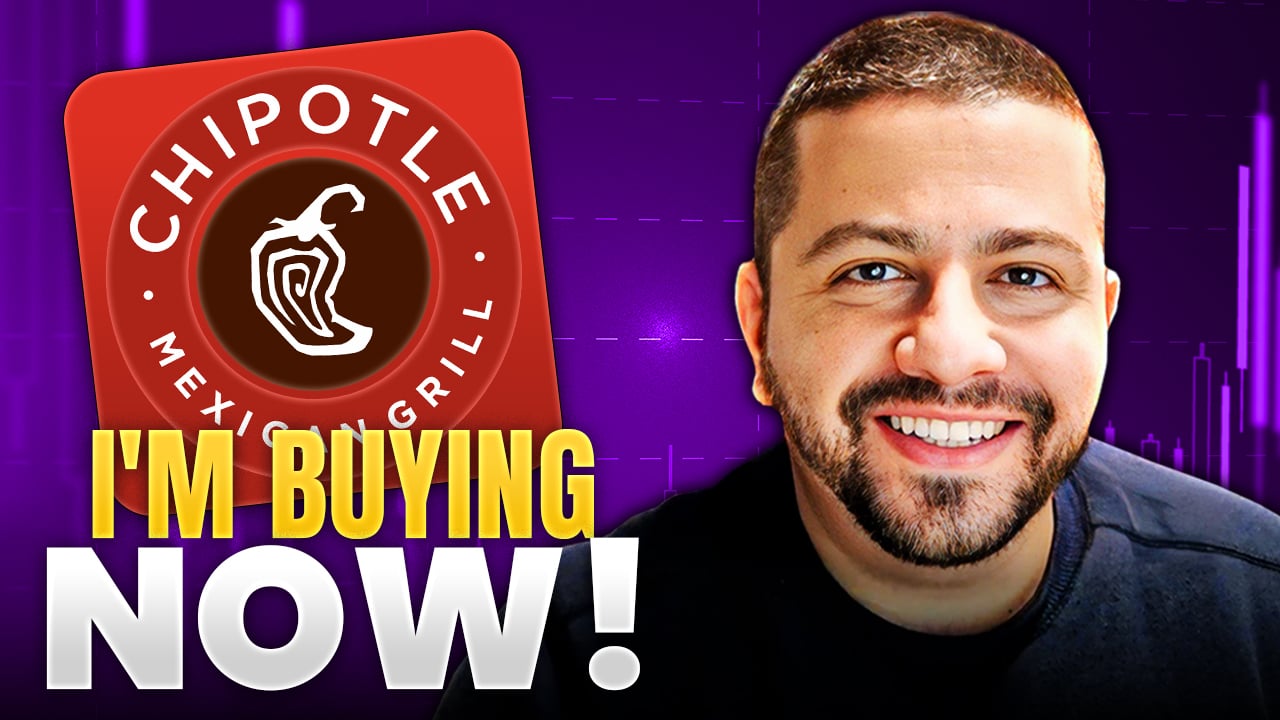Chipotle Mexican Grill (CMG +0.21%) and McDonald's (MCD +0.80%) have taken different paths despite some obvious commonalities. McDonald's is the long-established fast food giant that was a one-time investor in Chipotle.
However, after McDonald's sold its stake in the emerging restaurant chain, Chipotle succeeded by taking a different approach to both food and its business model. So far, that approach has offered higher returns for Chipotle shareholders. The question now is whether it will continue to do so.

NYSE: CMG
Key Data Points
How Chipotle and McDonald's differ
Given the menu selections, one might assume this is simply a competition of burritos versus hamburgers. After all, both restaurant chains have developed an extensive footprint across the U.S., reinforcing a perception that this is a battle of fast food stocks.
Nonetheless, the business models differ considerably. Chipotle consists of almost 3,200 company-owned restaurants that have drawn a following by emphasizing fast food made with fresh ingredients. Additionally, Chipotle operates less than 2% of its restaurants outside of the U.S. This stands in contrast to McDonald's, which has grown to over 38,000 restaurants in 100 countries.
The differences also go well beyond the more international focus of McDonald's. The McDonald's business model differs so much that one could argue it is not truly a restaurant stock. It seeks to own buildings and derive income from franchising fees. Even though it retains its identity as a traditional, fast food hamburger restaurant, food sales do not make up a majority of its revenue.
Chipotle took a similar approach when McDonald's was an early investor in the company. But after McDonald's sold its stake, Chipotle moved to take ownership of all its own locations. Consequently, Chipotle derives nearly all of its revenue from food sales. In today's inflationary environment, that might appear to work to Chipotle's disadvantage.

NYSE: MCD
Key Data Points
How the financials differ
Still, the financials show Chipotle as the comparative growth company of the two. In 2022, it reported revenue of $8.6 billion, up 14% from 2021. An 8% increase in comparable sales (which occurred despite inflation) and the addition of 236 locations boosted these sales.
That led to $899 million in net income, an increase of 38% over the previous year. The growth in operating margins from 11% to 13% helped drive profits higher.
In contrast, McDonald's $23 billion in revenue dropped by under 1% year over year. Falling sales offset gains in franchising revenue. That led to net income falling 18% over the same period to $6.2 billion. A 7% increase in operating expenses brought a drop in income.
The differing growth rates have taken the stocks on different trajectories. As mentioned before, that has resulted in Chipotle dramatically outperforming McDonald's.

However, Chipotle's price-to-earnings ratio of 57 makes it significantly more expensive than McDonald's, which sells for about 32 times earnings.
Additionally, while Chipotle does not pay a dividend, McDonald's investors receive $6.08 per share annually in payouts. That 2.3% return exceeds the S&P 500 average of 1.6%. McDonald's has also increased its dividend for 46 consecutive years, making it a solid play for income investors.
Chipotle or McDonald's?
Investors not exclusively focused on dividend income should probably choose Chipotle. Admittedly, McDonald's vast real estate holdings and compelling franchise model should ensure some level of growth.
But of the two, Chipotle's rapid expansion and resistance to inflation likely make it a top growth stock to buy now. Moreover, the comparable store increases show it to be the more inflation-resistant company of the two. As it adds more restaurants in the U.S. and, later, across the globe, Chipotle should continue to perform long term.





